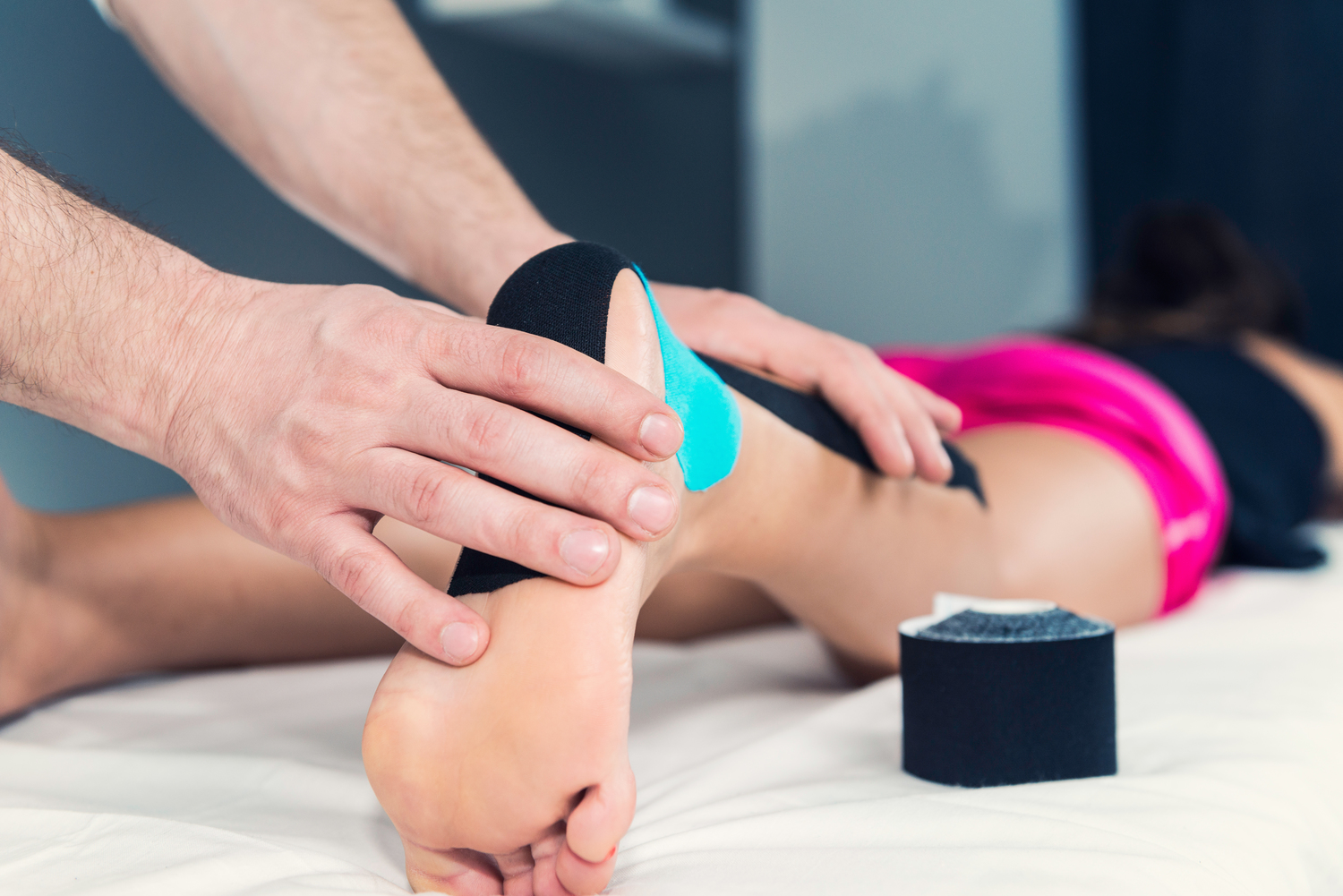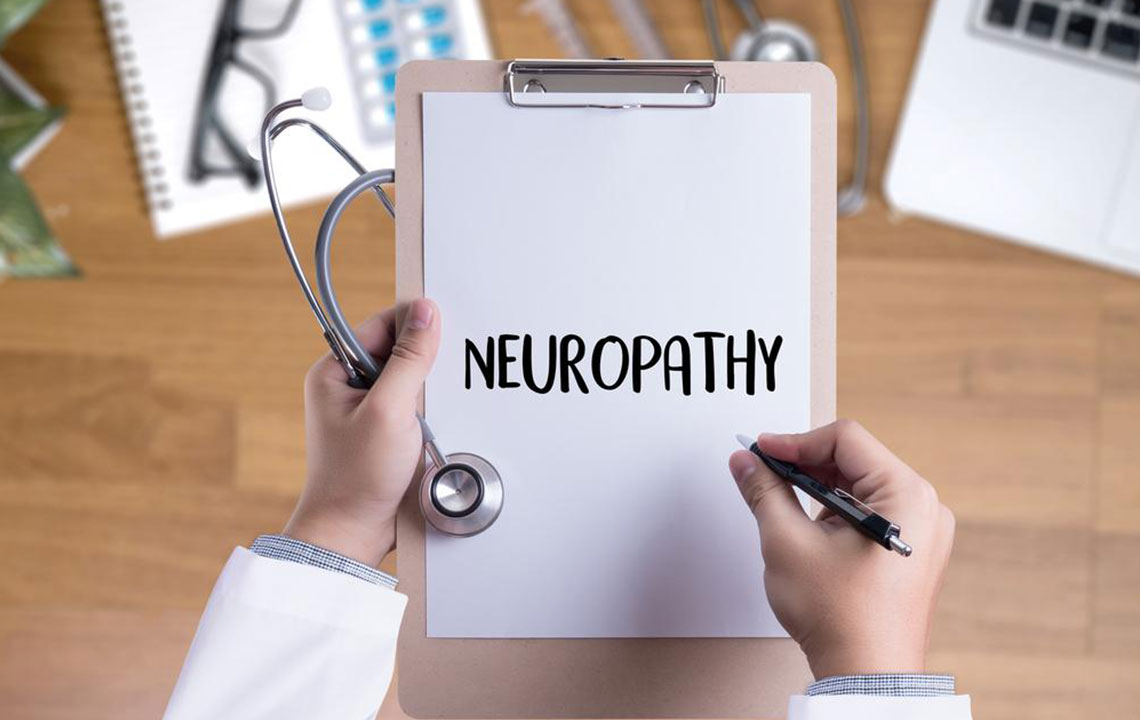Understanding Neuropathy: Causes and Options for Management
Discover the causes of neuropathy and explore various treatment options including physical therapy, medication, diet adjustments, and alternative therapies. Learn how nerve damage impacts health, especially in seniors, and what steps can be taken for effective management and prevention of further injury.

Understanding Neuropathy: Causes and Options for Management
Neuropathy, or peripheral nerve disorder, involves damage to the nerves that transmit signals between the brain, spinal cord, and body. The nervous system relies on motor, sensory, and autonomic nerves, which consist of neurons that relay information via electrical and chemical signals at rapid speeds. When nerve cells are injured, communication within the body is disrupted. As neuropathy becomes more prevalent, ongoing research aims to uncover its causes and develop effective treatments.
Notably, neuropathy can increase risks such as falls among seniors, due to impaired sensation in the feet leading to balance issues. Recognizing the causes is essential for effective management. Common factors include injuries, metabolic irregularities, abnormal glucose levels, inflammation, diabetes, and chemotherapy.
Management strategies for neuropathy include:
Localized nerve damage: Usually treated with physical therapy, medications, or surgery to relieve nerve compression and restore function.
Multiple nerve involvement: Often treated with supportive devices like orthopedic shoes and therapies to manage symptoms.
Food sensitivities: Testing can identify immune reactions to foods like gluten or dairy, allowing dietary modifications to reduce inflammation and nerve damage.
Stress assessment: Salivary tests evaluate adrenal gland function, helping identify chronic stress influences.
Electrical stimulation: Using electrical currents and nerve block injections to alleviate pain signals.
Toxin avoidance: Reducing exposure to alcohol and tobacco supports nerve health.
Healthy diet and supplements: Ensuring adequate intake of vitamins D and B12, and maintaining balanced nutrition, to support nerve regeneration.
Blood sugar control: Critical for diabetics to prevent further nerve damage.
Alternative therapies: Including acupuncture and natural remedies like fish oil, herbs, and amino acids, to help reduce symptoms and promote healing.
Note:
Our blog provides informative content based on research; however, it should not replace professional medical advice. Readers are encouraged to consult healthcare providers for personalized diagnosis and treatment plans. The information shared aims to increase awareness and understanding of neuropathy but may not cover all available options or latest developments.










